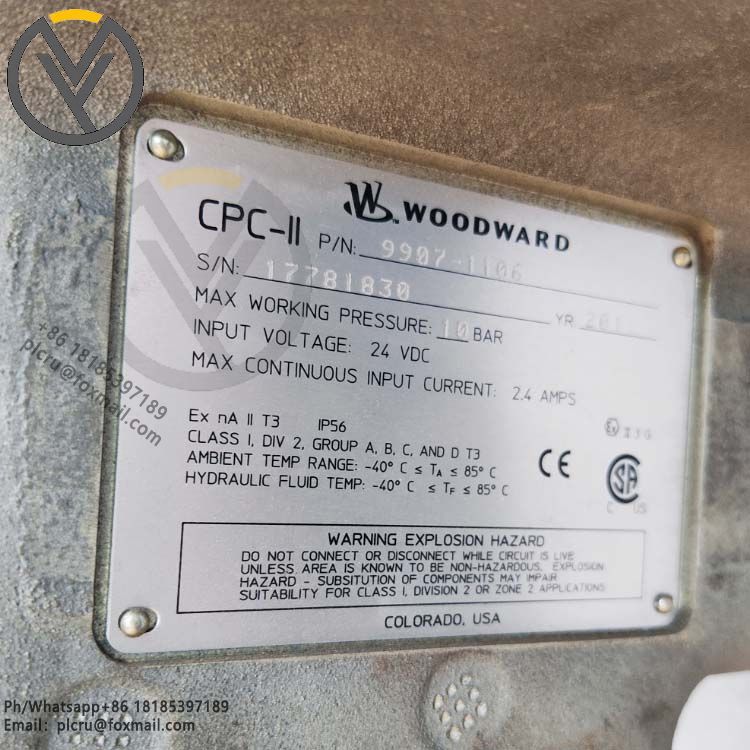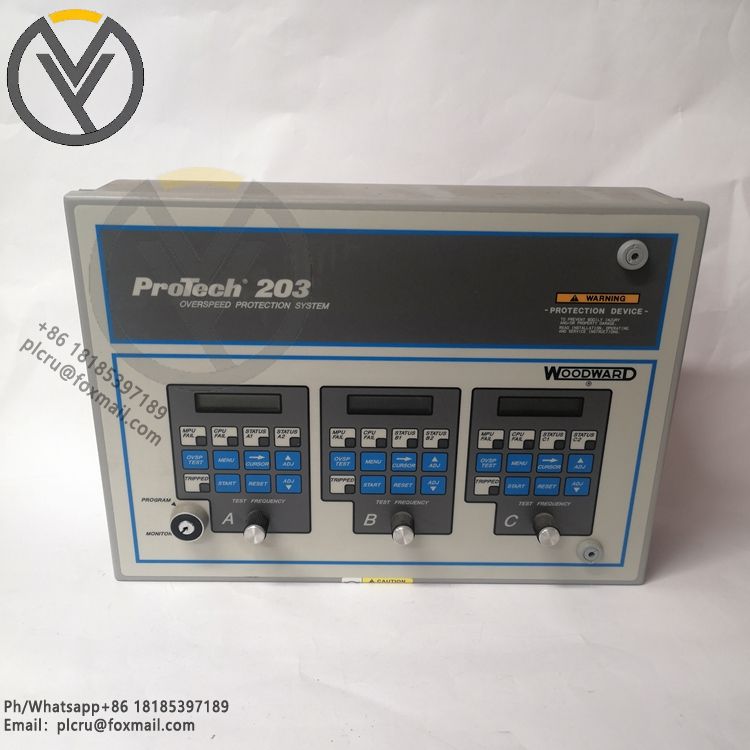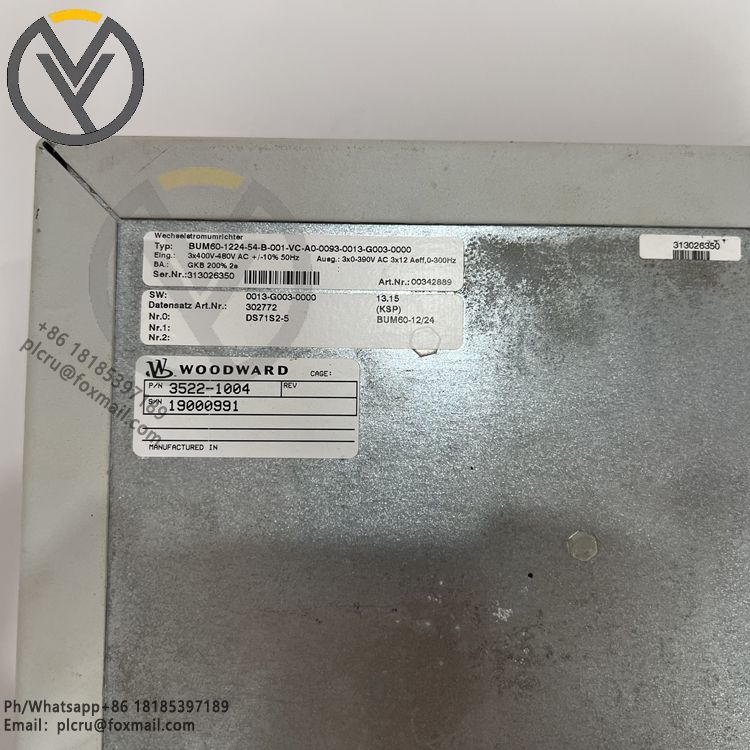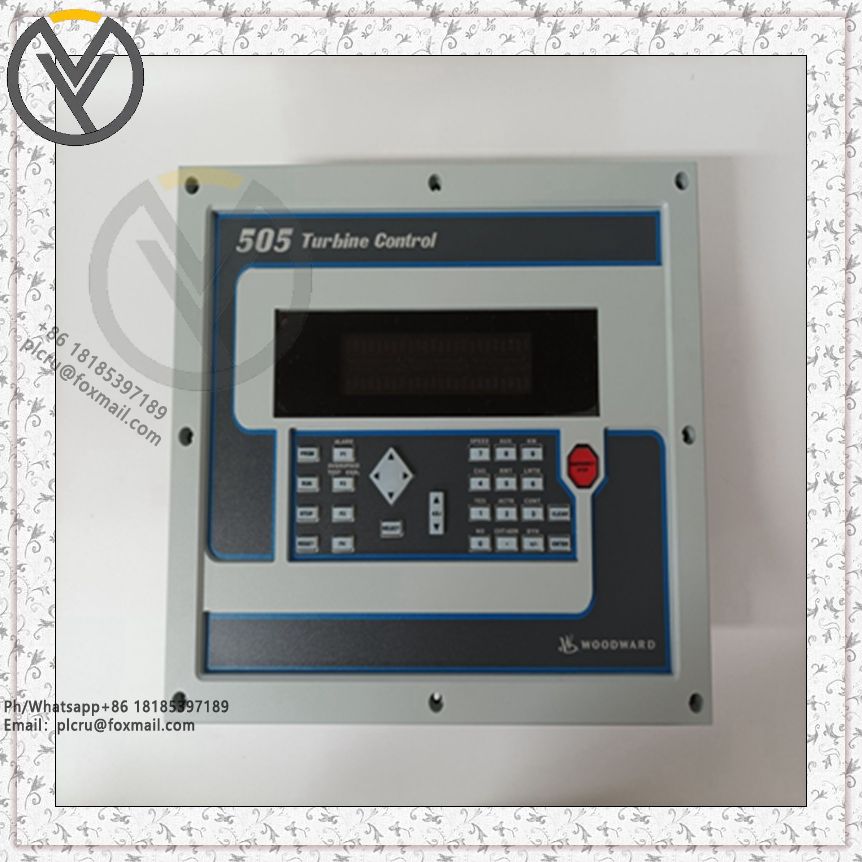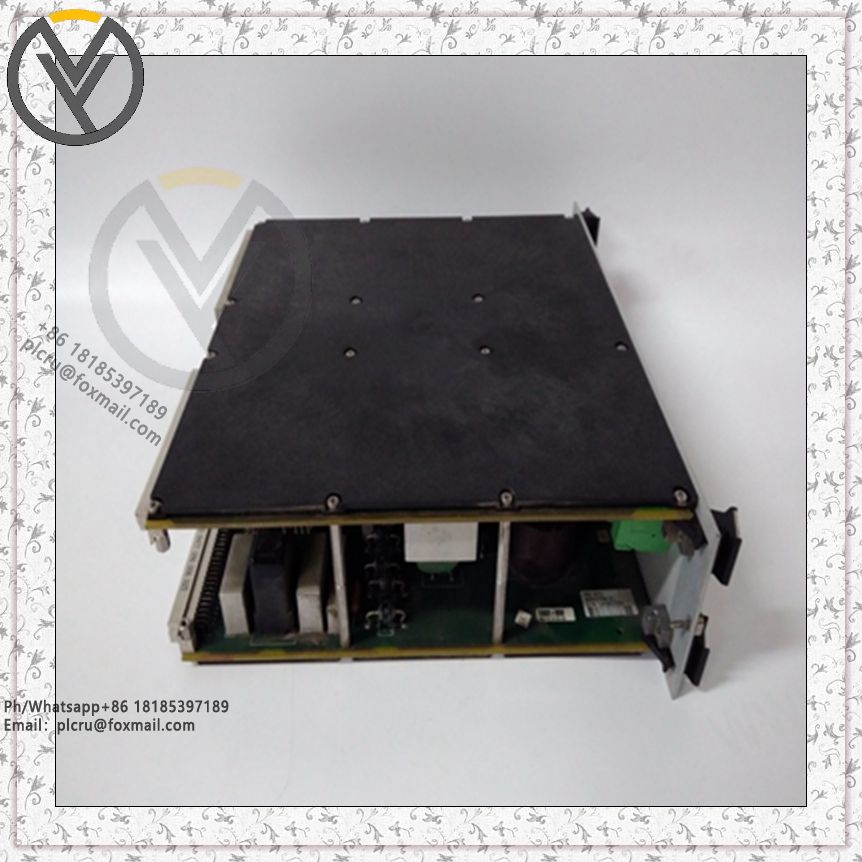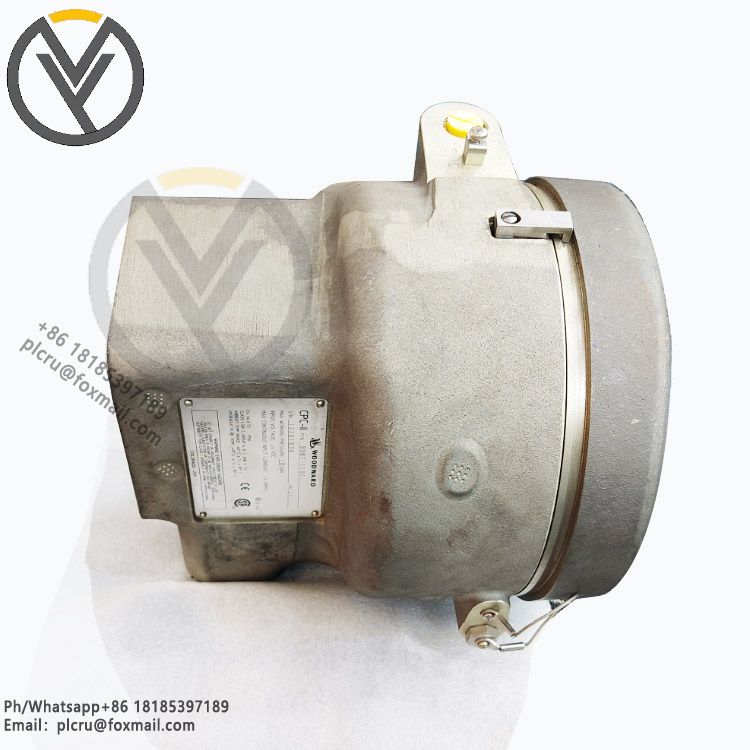
WOODWARD | D8516-053 | 2400 RPM CW | DRIVE SHAFT ROTATION MOTOR
Delivery time 3 days
Product origin New/used
Email plcru@foxmail.com
Mobile/wechat /WhatsApp +86 18185397189
General characteristicsWoodward is a well-known company in the field of industri
General characteristics
Woodward is a well-known company in the field of industrial control. Its motors usually have high reliability and stability and are suitable for various industrial application scenarios.
Advanced motor design and manufacturing technologies may have been adopted to achieve efficient energy conversion and excellent operational performance.
Possible technical parameters
Rated speed: It is known that the motor rotates at 2400 RPM CW (clockwise rotation), which is an important operating parameter of the motor, indicating the number of rotations per minute of the motor under rated working conditions.
The specifications of the drive shaft: The size, shape and material of the drive shaft and other specifications will affect the connection and transmission efficiency between the motor and other equipment. The drive shaft is usually designed based on specific application requirements, such as the diameter of the shaft and the size of the keyway.
Electrical parameters: including rated voltage, rated current, power factor, winding resistance, etc. These parameters determine the electrical performance and operational requirements of the motor. For instance, the rated voltage determines the voltage level of the power supply that the motor needs to be connected to, while the rated current reflects the magnitude of the current required by the motor during normal operation.
Torque output: Although the specific torque value is unknown, for a motor with a given speed, its torque output is an important indicator for measuring the motor's load-carrying capacity. Generally speaking, there is a certain relationship between rotational speed and torque. Usually, a motor can output a large torque at a lower rotational speed, while at a higher rotational speed, the torque may decrease accordingly.
Insulation class: The insulation class of a motor determines the maximum temperature it can withstand and its electrical insulation performance. Common insulation grades include B grade, F grade, H grade, etc. The higher the insulation grade, the better the heat resistance and reliability of the motor.
